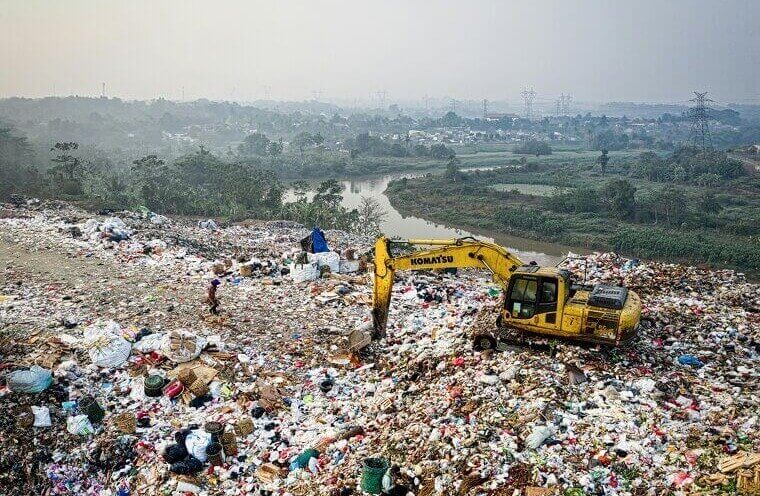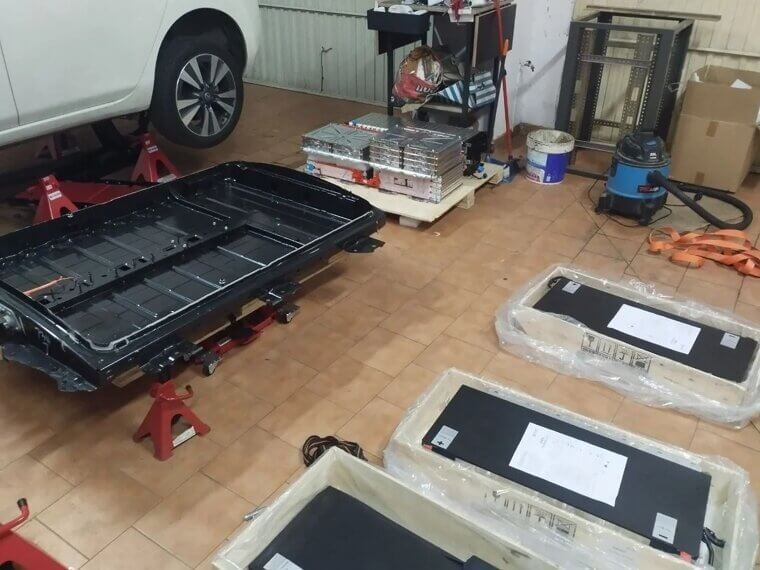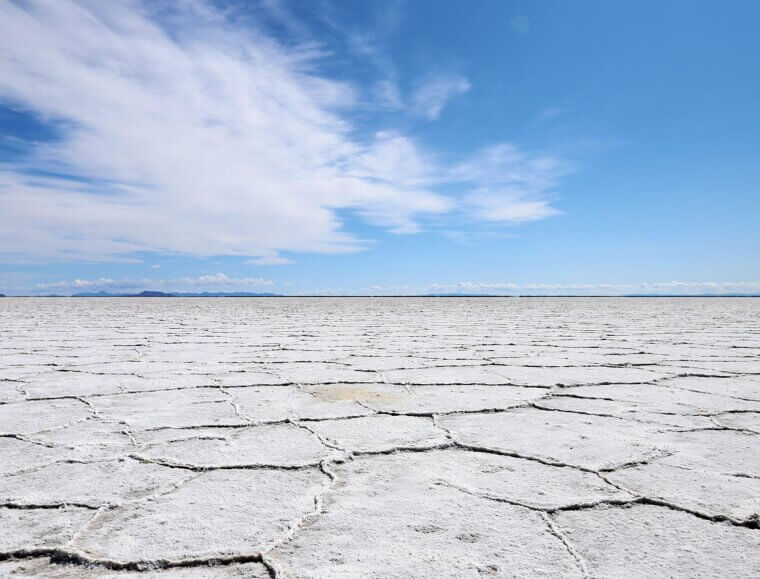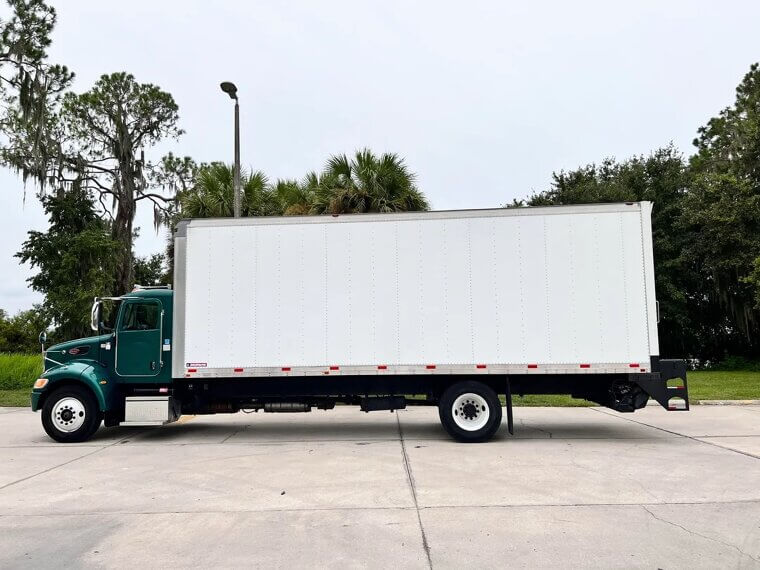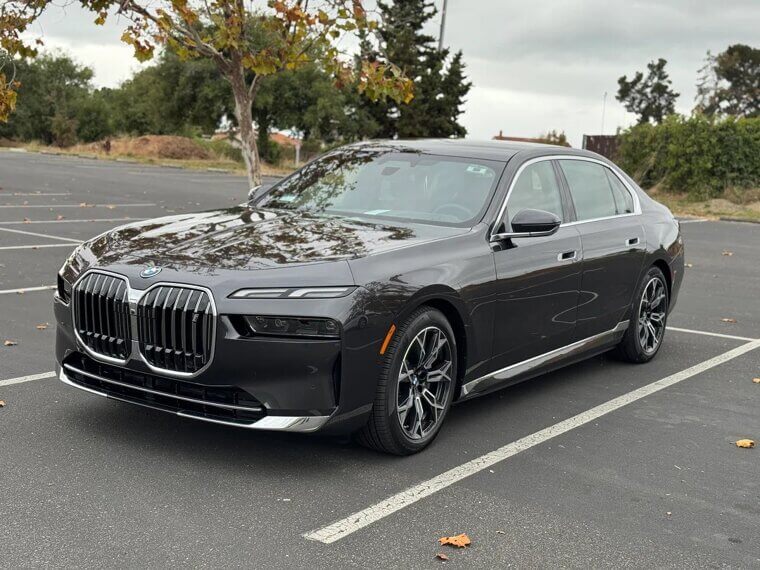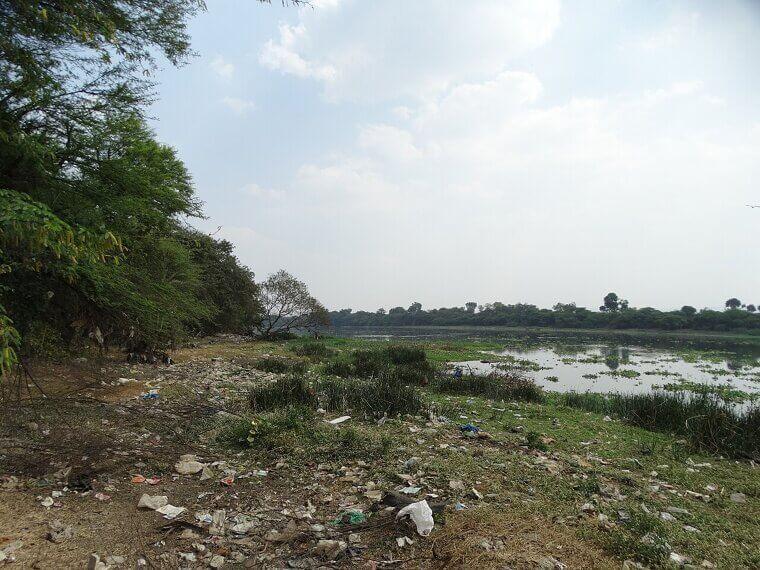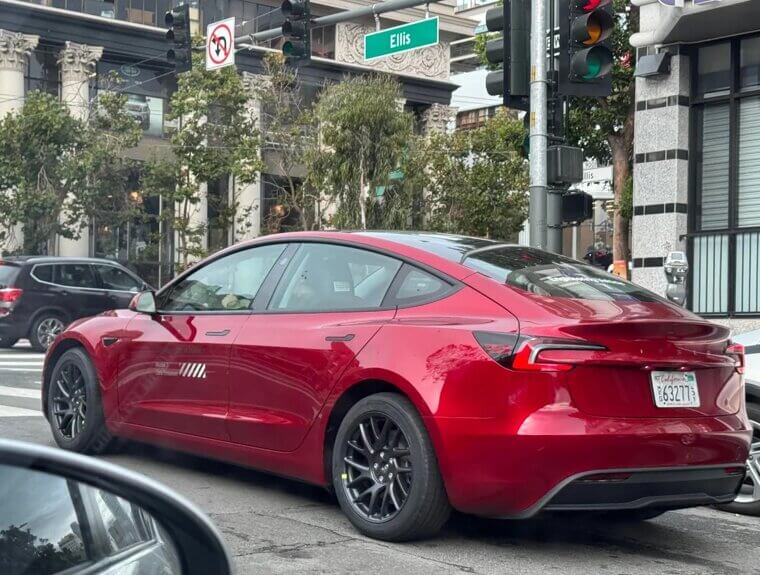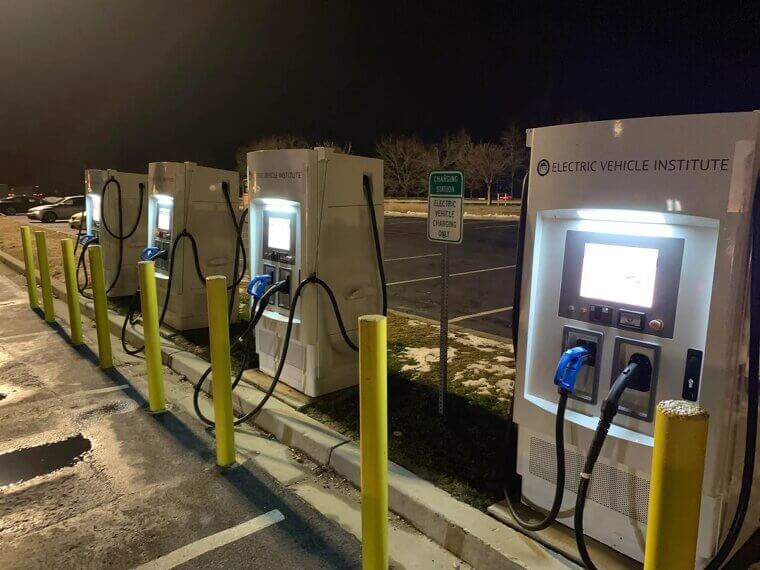Toxic Trash
Electric car batteries are not easy to get rid of. If it’s disposed of the wrong way, toxic chemicals and heavy metals leak into the soil and water - and we don’t need to tell you how bad that is. Recycling batteries safely takes special equipment, and many countries don’t have it.
Built Clean, Made Dirty
Building an electric car, especially its battery, takes a lot of energy. In fact, it can use more fossil fuel energy than making a regular gas car. The factories making these batteries often run on coal and natural gas, which means unbelievable emissions before the car even hits the road.
The Thirsty Side of “Green”
Here’s something you probably didn’t know: making lithium batteries requires a lot of water - especially to extract the lithium from salt flats. In drier places, this process drains precious groundwater, hurting local farms and wildlife that depend on those water sources for survival.
Miles Before It Moves
Did you know that electric cars often travel thousands of miles before they come together? The lithium comes from South America, the nickel from Indonesia, and the batteries from China. By the time your electric car is assembled, it’s burned more fuel and released more emissions than a gas car.
Silent But Heavy
Electric cars weigh more than gas cars because of their large batteries. And all that extra weight puts more pressure on tires and brakes, which wears them out faster. As they break down, they release microplastics and tiny particles into the air and waterways. Talk about invisible pollution!
Digging Deep for “Clean” Energy
Electric car batteries are made from lithium, cobalt, and nickel. These materials don’t come easily, and digging them up tears up land, pollutes rivers, and harms the local wildlife. It also creates massive waste piles. The mining behind the battery is anything but clean.
Tech That Ages Too Fast
Tech moves fast, and electric vehicles are no exception. As newer models with better batteries and features come out, older ones are tossed aside. This creates mountains of electronic waste as everything from battery packs to outdated electronics ends up in landfills.
When “Clean Energy” Isn’t So Clean
Charging an electric car isn’t always green or clean. If that electricity comes from coal or oil-fired power plants, it’s still releasing lots of carbon into the air - just somewhere else. The cleaner the grid, the cleaner the car. In many parts of the world, though, it still leans towards dirty.
A Hotter City Problem
Electric cars are excellent for city driving, but they still add to urban heat. Their battery cooling systems and charging stations generate a lot of warmth, especially in more crowded areas. Now add in buildings and pavements that trap heat, and you’ve got cities that end up feeling even hotter.
Clearing Space for Chargers
Building a big network of charging stations sounds great, right? But it takes space, and making space is not always easy. In some places, forests or open land are cleared to make room for charging hubs and parking lots. You’ve got to ask yourself if it’s really worth it.

